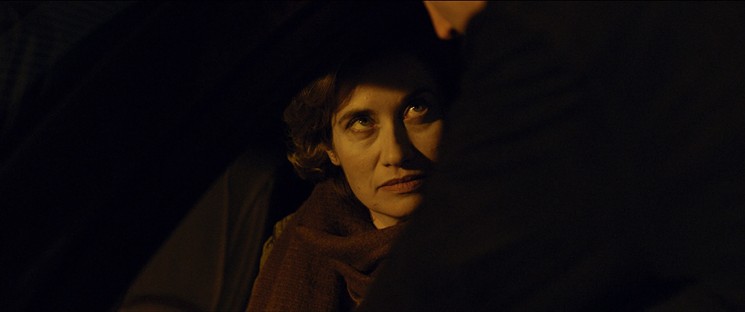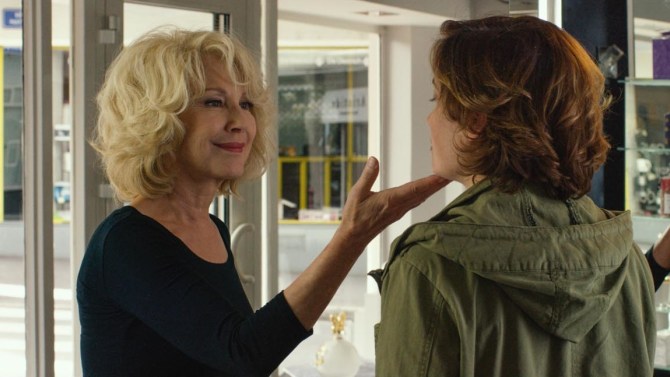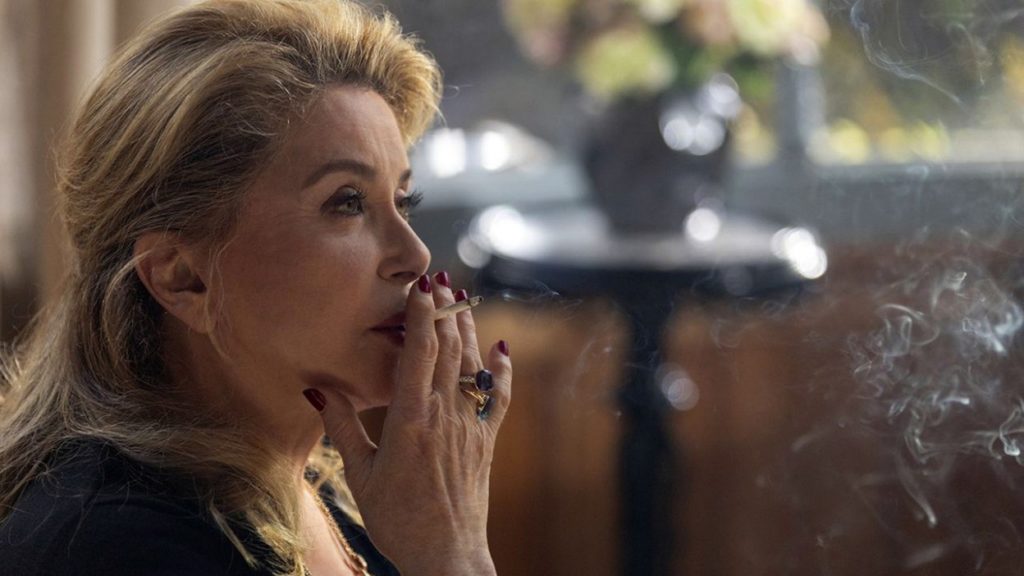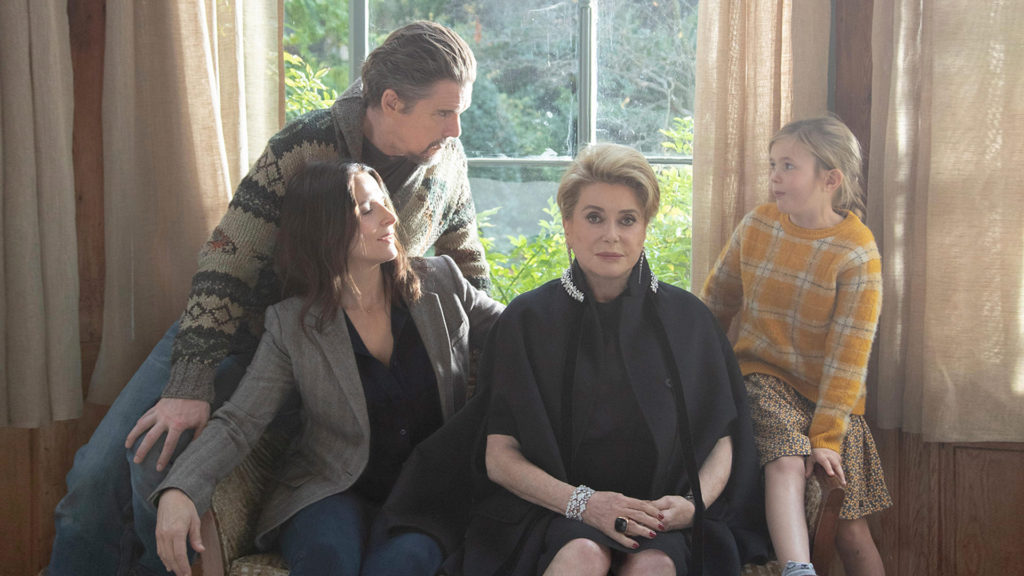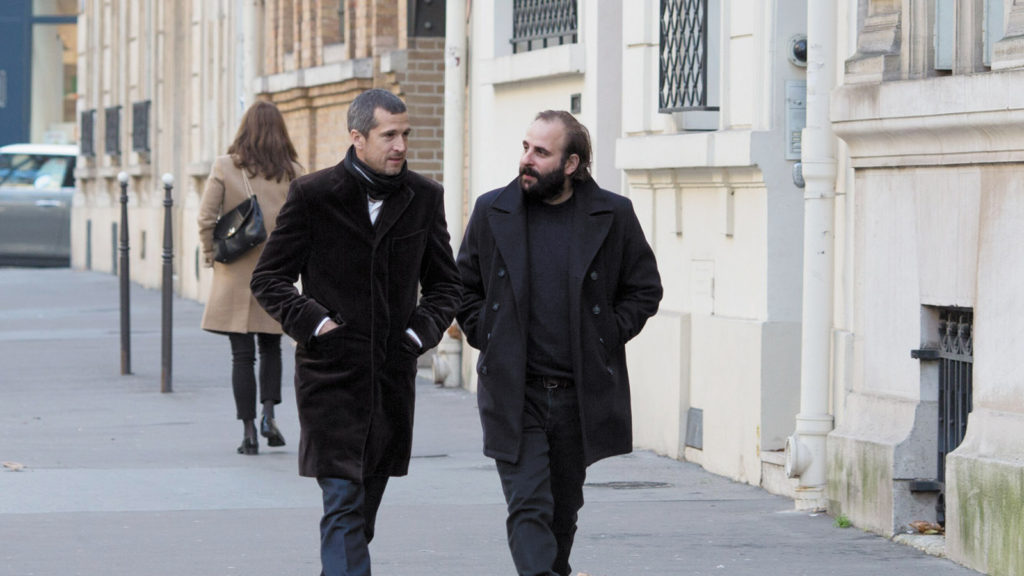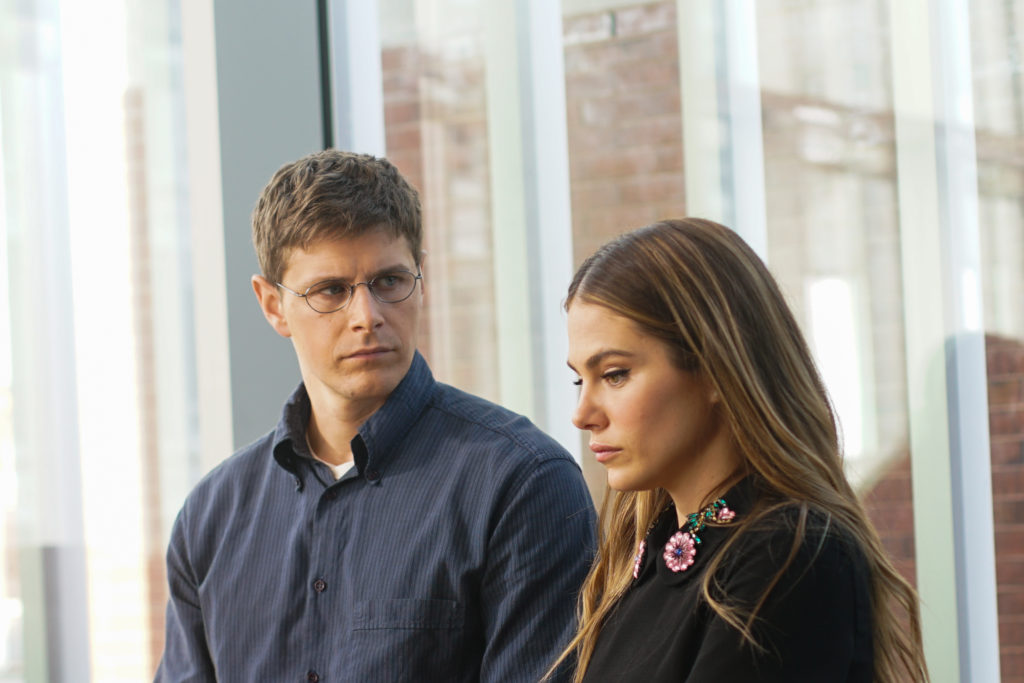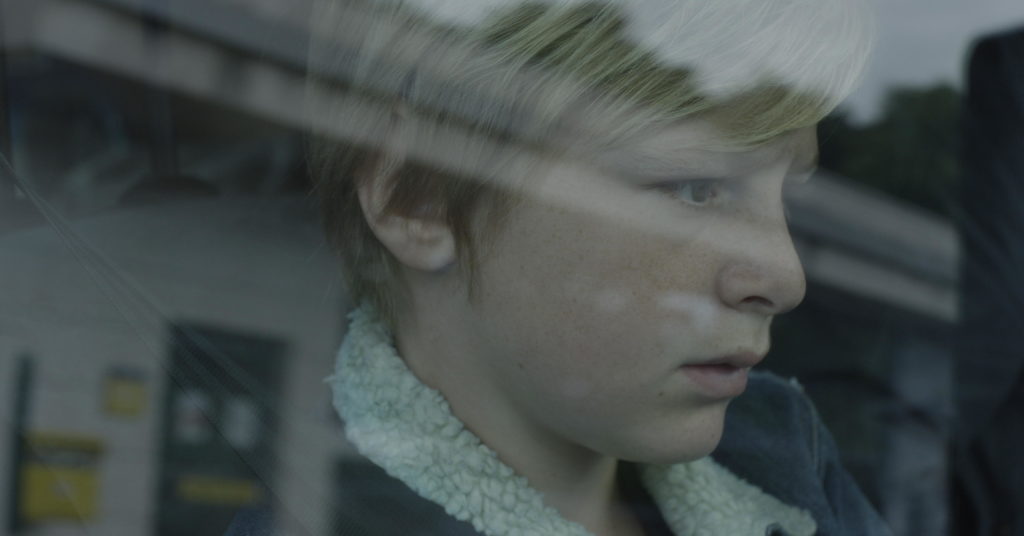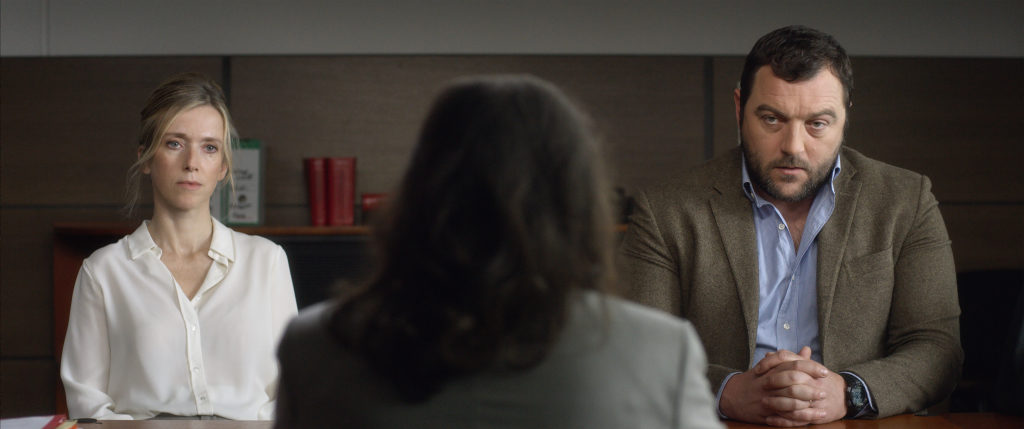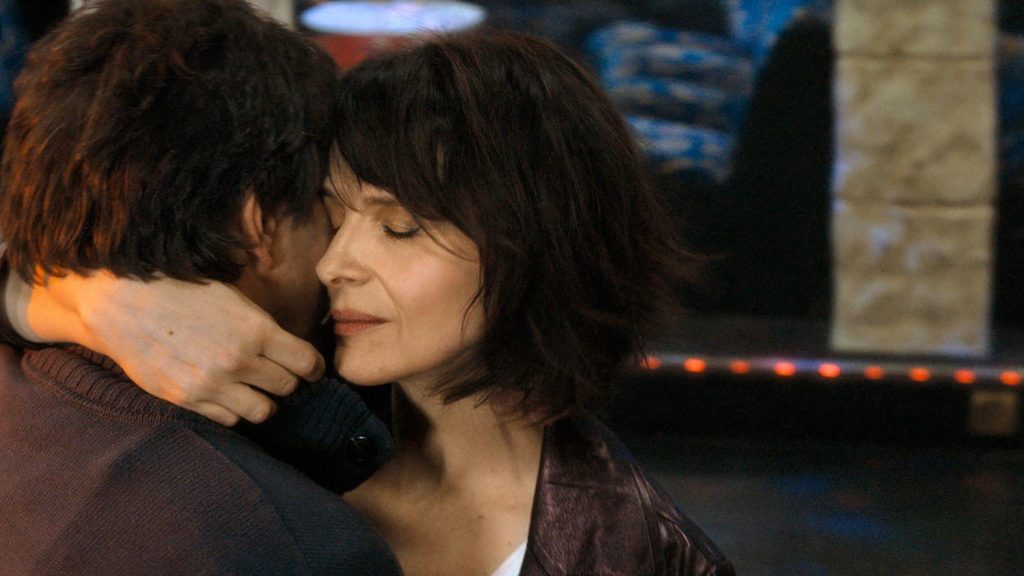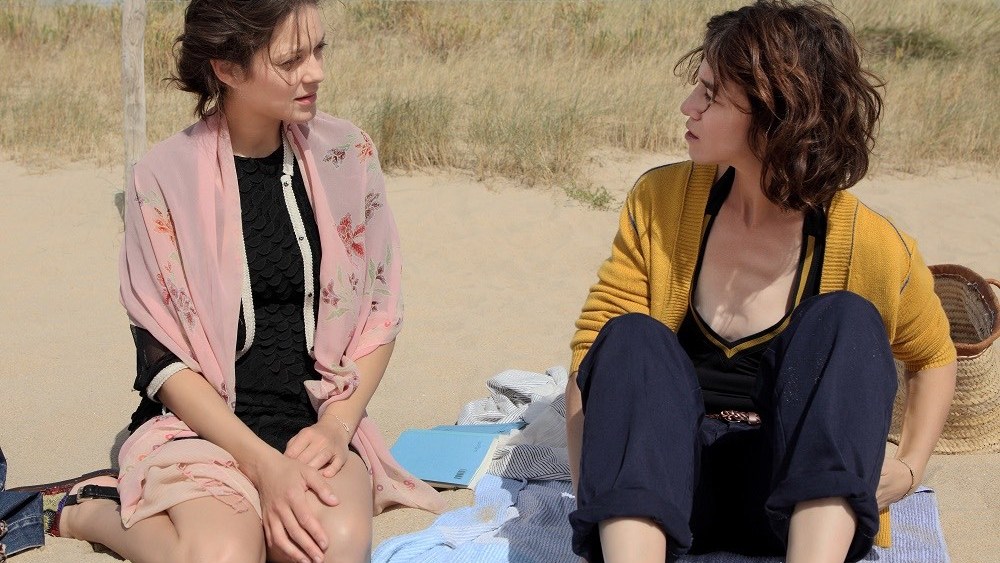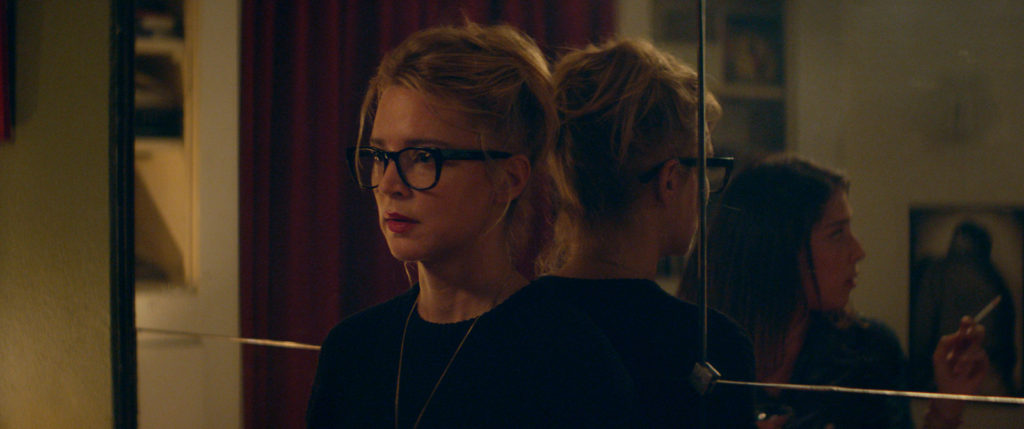
In director Justine Triet’s sex-filled (and sometimes darkly funny) melodrama Sibyl, the psychotherapist Sibyl (Virginie Efira) decides to phase out her practice and return to her primary obsession – novel writing. Sibyl is changing the trajectory of her own life, and she reflects on the one true love in her past (Niels Schneider), her sobriety, her parenting and the family of her sister (Laure Calamy).
While off-loading most of her patients, Sibyl picks up a new one – a needy young actress (Adèle Exarchopoulos from Blue Is the Warmest Color). The actress is about to jump start her movie career, but she’s having an affair with the other lead actor (Gaspar Ulliel), who is inconveniently married to the director Sandra Hüller (Toni Erdmann).
Each of these threads is its own melodrama, and Triet braids them together into an always entertaining story. We are our choices – and we can be our impulses.
Sibyl may be a psychotherapist, but she hasn’t mastered the concept of boundaries. Most egregiously, she doesn’t hesitate to use the personal secrets of her patients as fodder for her novels. Yikes! And she doesn’t resist rampant boundary-crossing by the actress, the actor and the director, either, and she’s used by all of them.
The characters, especially Sibyl, fill the camera lens with passionate sex – on the floor, up against a door, on the beach, on an apartment bathroom’s sink, on the deck of a boat, but not, to the best of my recollection, on a bed.
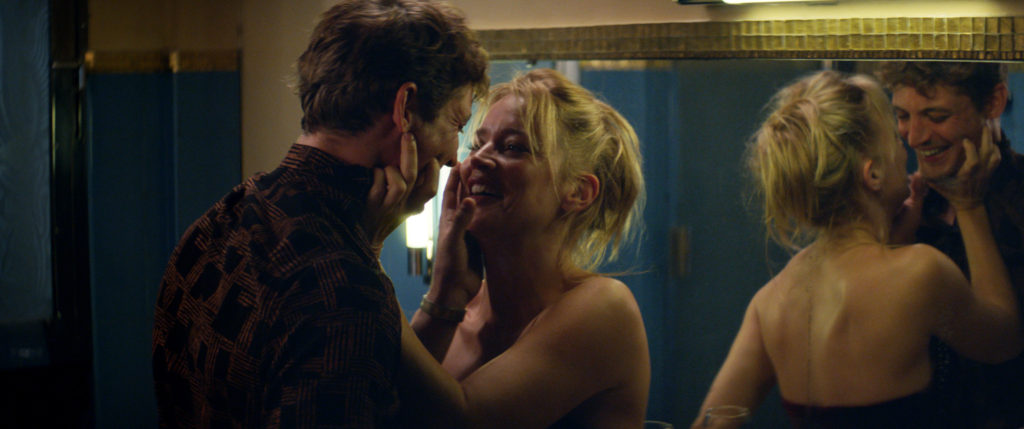
There’s lots of sly, dark humor, beginning with the over-intellectualized mansplaining in the very first scene. The sister is hilarious, especially when she coaches her niece on how to manipulate her mother. At one point, the director of the film-within-the-film responds to a lover’s meltdown on the set: “Guys, let’s keep the drama fictional if you don’t mind.“
The scene where the director first meets the actress who has just been impregnated by the director’s husband is another comic masterpiece from Hüller.
Many of us so revere French cinema that we forget that one of the things French filmmakers do well is trashy. And Sibyl is every bit as trashy as Fifty Shades of Grey. However, the editing (Laurent Sénéchal) and the acting are so exquisite that it masks the trashiness of the story.
Sibyl is streaming on Virtual Cinema; I watched it at the Laemmle.

